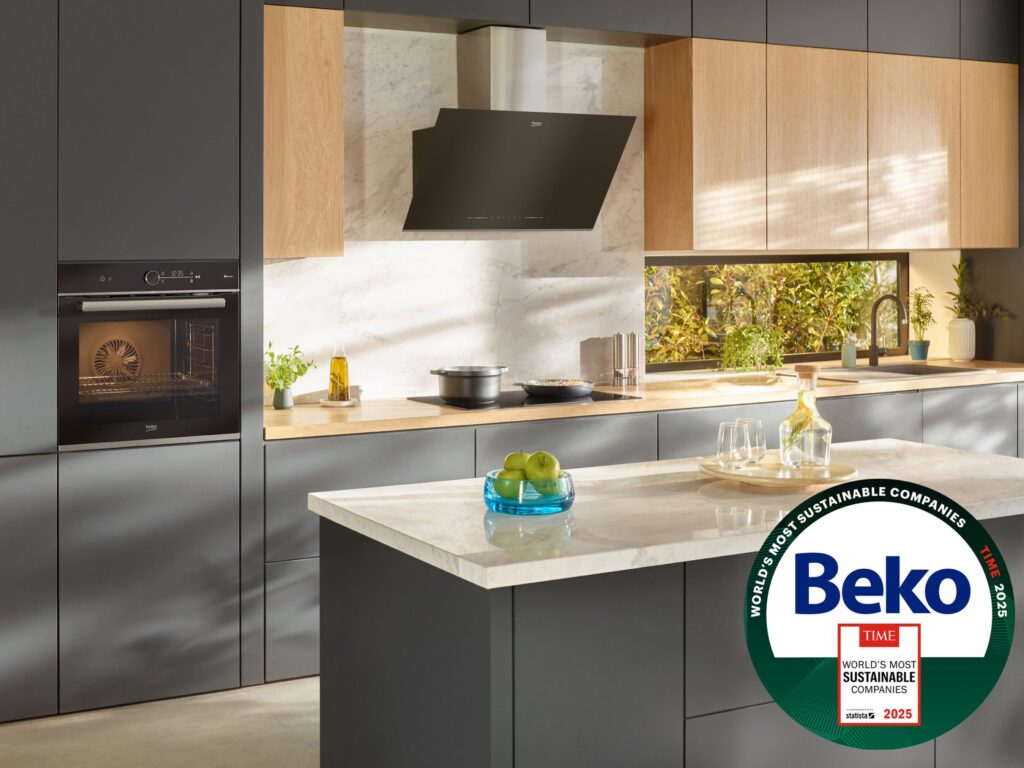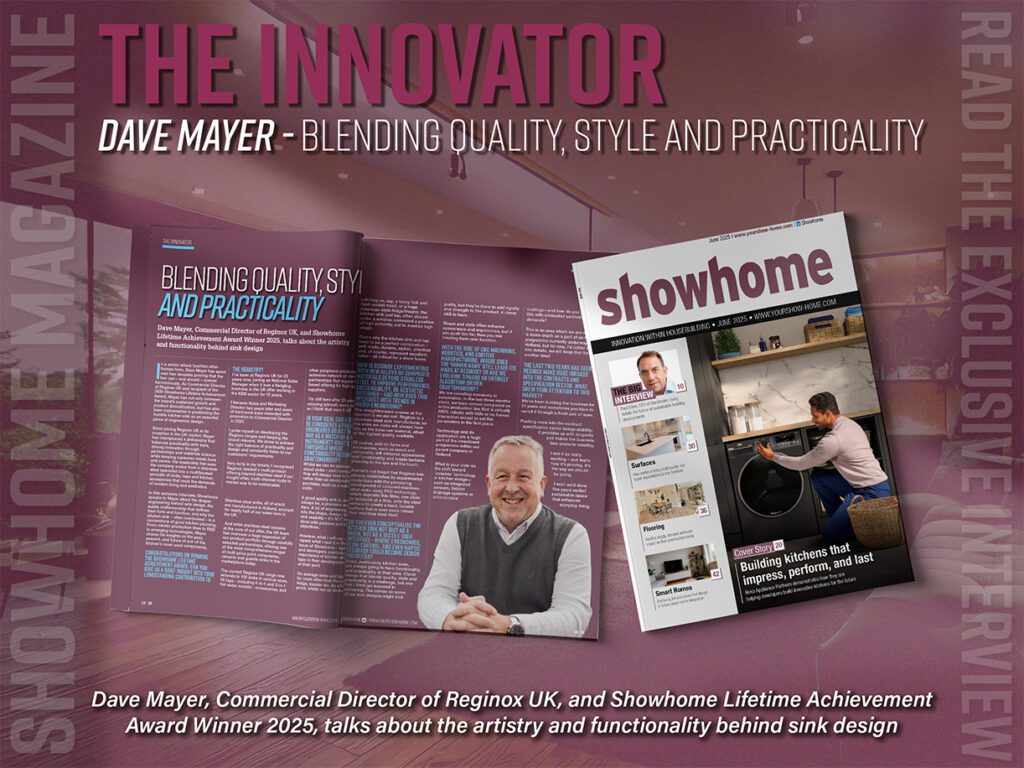Stephen Johnson, Managing Director at Quooker UK & Ireland, discusses the future of sustainable living and how boiling water taps play a key role in the Future Homes Standard 2025
The Future Homes Standard (FHS) marks a pivotal step in the UK’s ambitious plan to combat climate change. This upcoming legislation, which came into force in 2025, aims to reduce carbon emissions by a staggering 75-80% from new residential buildings. As a core component of the nation’s strategy to achieve net-zero emissions by 2050, the FHS introduces a series of strict environmental criteria. These requirements will significantly influence how homes are designed, built, and outfitted, creating new challenges and opportunities for the construction industry.
One of the most impactful areas of this change is energy efficiency. With the FHS stipulating that new homes must meet more rigorous energy performance standards; the pressure is on housebuilders to deliver buildings that are not only functional and attractive but also environmentally responsible. The standard’s key pillars include superior insulation, the use of low-carbon heating systems, and the integration of renewable energy solutions. This means that the building materials and products specified by housebuilders will need to align with these goals – striking a delicate balance between sustainability, performance, and cost-effectiveness.
Enter the innovative world of sustainable home appliances, particularly the boiling water tap – a product that exemplifies the future of energy-efficient living. Leading the way in sustainable innovation, Quooker is well poised to meet these demands. From energy-efficient technology to water-saving features, Quooker taps are becoming an integral part of creating homes that are not only comfortable but also sustainable, future-ready, and cost-efficient.
Energy efficiency: The heart of sustainable living
At the core of the FHS is a push for increased energy efficiency. As part of this, Quooker taps shine as models of minimal energy use. Using patented high-vacuum insulated tank technology, Quooker taps retain heat with exceptional efficiency. This innovative technology ensures that water stored within the tap’s tank stays hot with minimal energy consumption. Unlike traditional kettles, which consume around 2,200 watts to boil 1.7 litres of water, Quooker taps only use 10 watts per day to maintain the water at a high temperature. This means that, on average, a Quooker tap uses far less energy over time—reducing both household energy bills and the home’s overall carbon footprint.
This energy efficiency is not just a perk—it is a direct answer to the stringent requirements of the FHS. In addition to being low-energy, Quooker taps are designed to heat water on demand. Stored as steam, water only starts to boil when the tap is turned on and the temperature of the outflowing water drops to 100°C. While the water is coming out of the tap, the tank immediately replaces the exact amount extracted ready for the next use. By heating water only when needed, and in precise amounts, it eliminates the waste often associated with waiting for water to boil in a kettle or a conventional water heater. This approach aligns seamlessly with the FHS’s emphasis on reducing unnecessary energy consumption, particularly in the heating sector. By minimising energy wastage and only using energy when water is needed, Quooker taps are an excellent choice for homeowners seeking to embrace a more sustainable lifestyle.
Furthermore, the FHS encourages homes to adopt electrical heating systems over traditional gas-powered solutions. This is where Quooker taps truly excel, offering easy integration with renewable energy sources such as solar panels. Homeowners can harness energy from the sun to power their Quooker taps, further reducing their environmental impact and moving closer to achieving net-zero living.
Water conservation: A sustainable future begins with every drop
Equally important in the FHS is the conservation of water. Traditional taps and heating systems often lead to wasteful practices, with water running unnecessarily while waiting for the desired temperature. Quooker taps, however, are engineered to prevent this kind of waste. By delivering instant hot, cold, or filtered water, Quooker taps ensure that homeowners never have to let water run needlessly to reach the right temperature. This small but significant adjustment helps to conserve precious water resources—something the FHS encourages through the promotion of efficient water use in new homes.
Constantly striving for innovation that brings positive change, Quooker’s latest innovation, the COMBI+, is another game-changer in water and energy conservation. The COMBI+ is the world’s first A-rated kitchen boiler, providing up to 7 litres of instant boiling water while saving homeowners up to 5,000 litres of water annually. By providing limitless hot water at a constant temperature of 60°C from a hot and cold feed, the COMBI+ ensures that only the necessary amount of water is used, reducing waste without compromising convenience or comfort. For eco-conscious homeowners seeking to reduce both their carbon footprint and water usage, the COMBI+ is a leading solution for sustainable living.
Beyond just boiling water, Quooker also offers the CUBE, an accessory that delivers chilled and sparkling water from any existing Quooker model. The environmental benefits of this innovation cannot be overstated. The average UK household uses around 360 single-use plastic bottles each year. Given there are over 28.2 million households in the country, that is a substantial amount of plastic being thrown away after one use. Yet with Quooker’s CUBE solution, one canister of CO2 yields 60 litres of sparkling water before needing to be replaced. Boasting a state-of-the-art touch screen digital display panel that shows how much sparkling water is left, users are alerted when cartridges and filters need replacing. It also boasts two effervescent levels, is very simple to install and takes up minimal under-sink space.
Read the full story in our latest issue here











